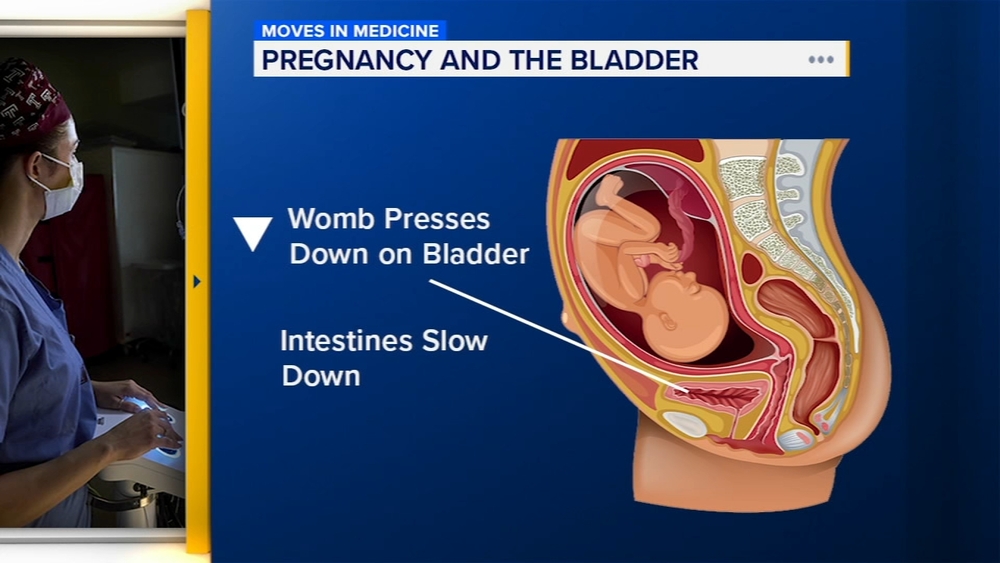Once seen as rare, cardiac amyloidosis being recognized more

FRANKFORD (WPVI) -- Heart failure often follows heart attacks, diabetes, or high blood pressure. However, a very different cause is being identified more and more.
For Elsie McGruder, the first sign was shortness of breath.
"I would find myself sitting on the side of the bed early in the morning, trying to catch my breath," Elsie recalls. "I was constantly tired. I was constantly sweating."
She was also retaining fluid.
Elsie soon learned the cause - cardiac amyloidosis.
"We used to think of it more as a rare disease," says Dr. Carly Fabrizio of Temple Health.
But Dr. Fabrizio says heart failure specialists like her are finding it more and more.
It occurs when proteins made by the liver or bone marrow form abnormally, clumping together.
"When these proteins clump together, they can deposit in multiple organs, including the heart, as well as the kidney, the GI tract," she says.
Plus, the ligaments and spine. With so many potential locations, symptoms can vary between patients and some show earlier, some later, often delaying the diagnosis.
Symptoms include: coughing or wheezing; swelling in the feet, ankles, or legs; numbness or tingling in the hands and feet; carpal tunnel syndrome; and heart failure.
"It takes decades or longer before we start seeing it really cause a problem in the heart," says Dr. Fabrizio.
The abnormal proteins actually stiffen the heart muscle.
"It can't fill as effectively with blood and it can't pump as effectively," she says.
Fortunately, once it's diagnosed, there are good treatments to restore quality of life.
"There are days when I feel a little more drained than others, but aside from that, I feel fine," Elsie says.
"It's a very exciting field for research as more treatments are becoming available," adds Dr. Fabrizio.
There are several types of amyloidosis, including age-related and inherited ones. So thorough, even genetic, testing is important.






